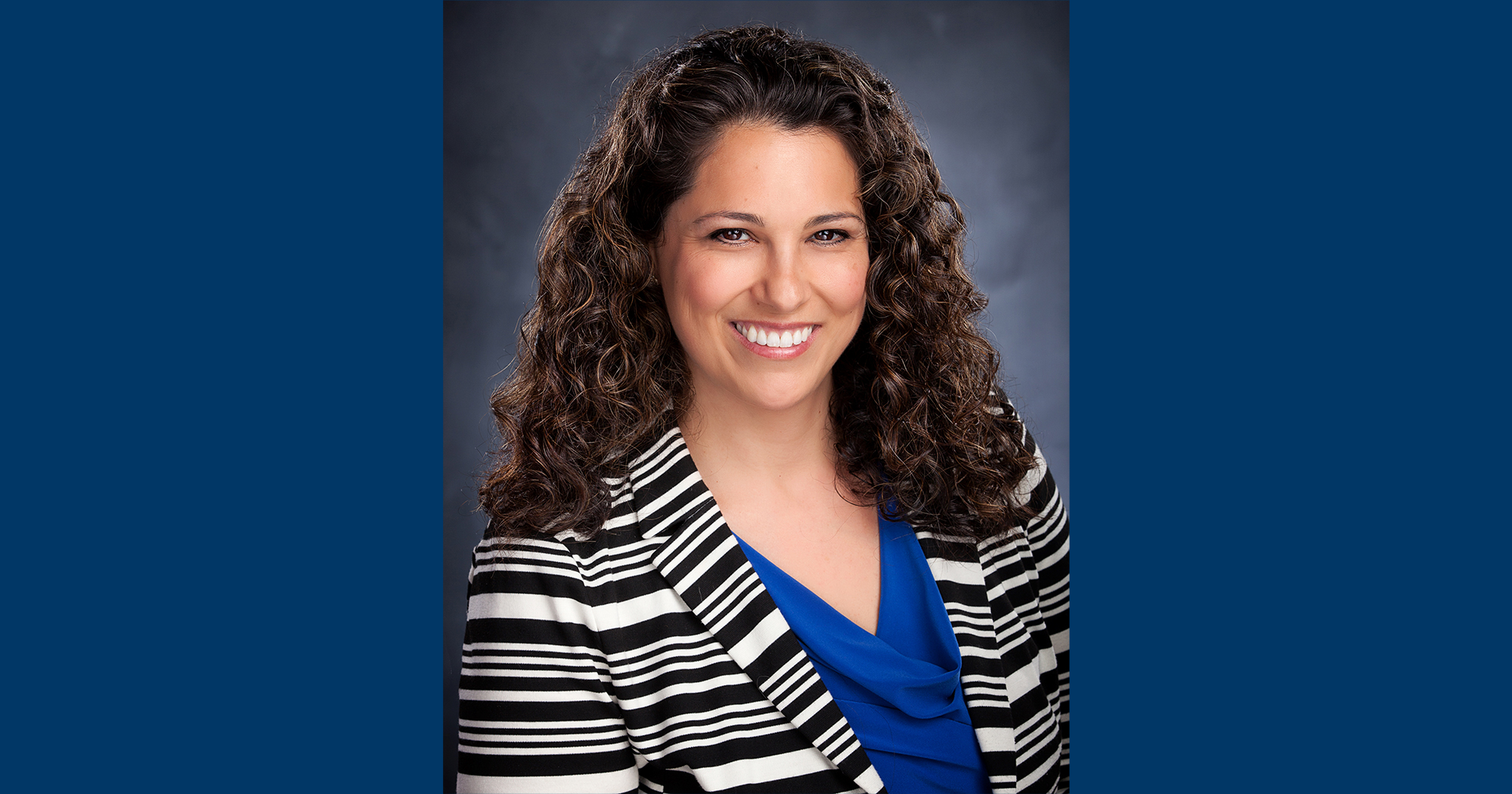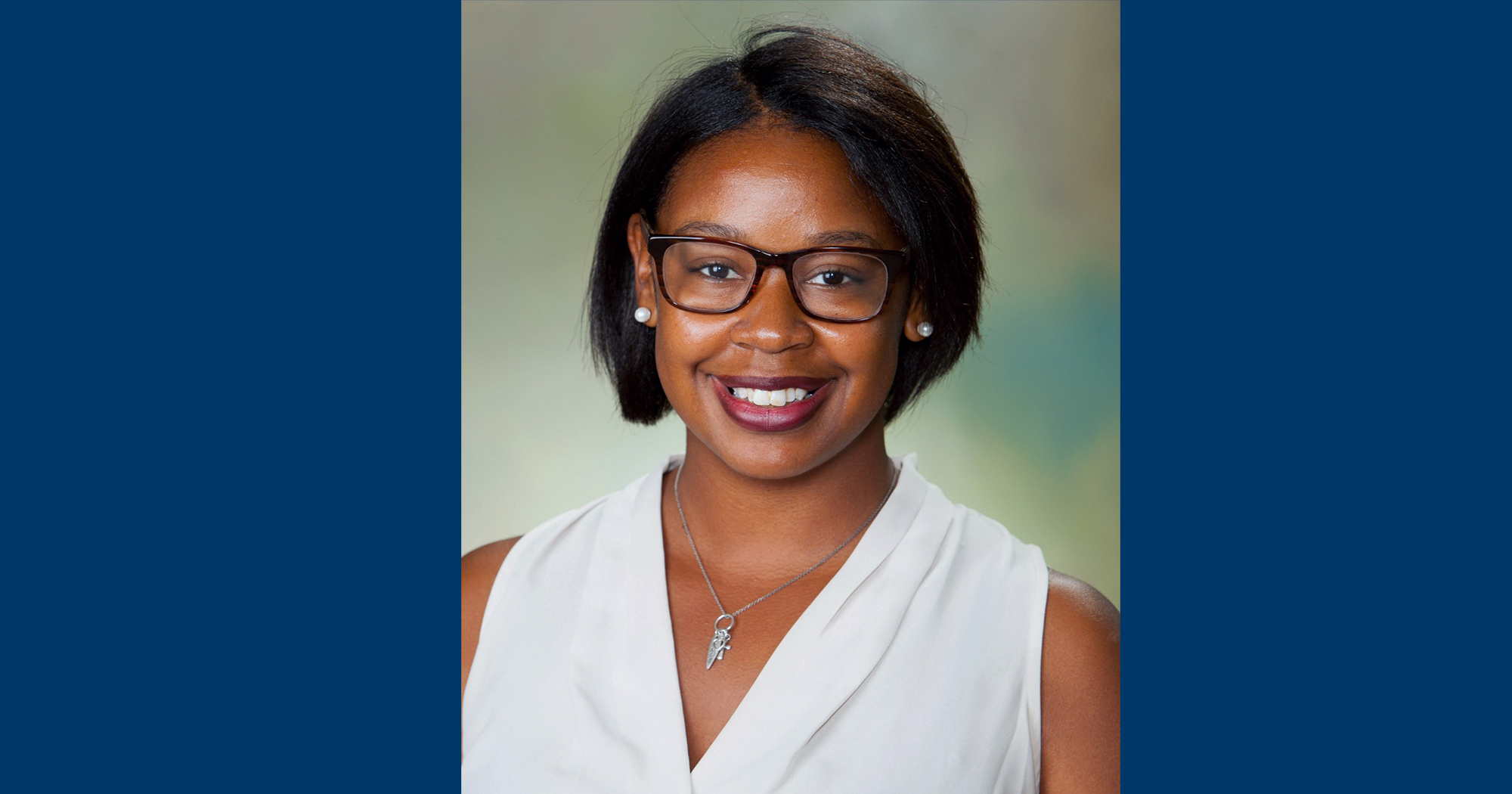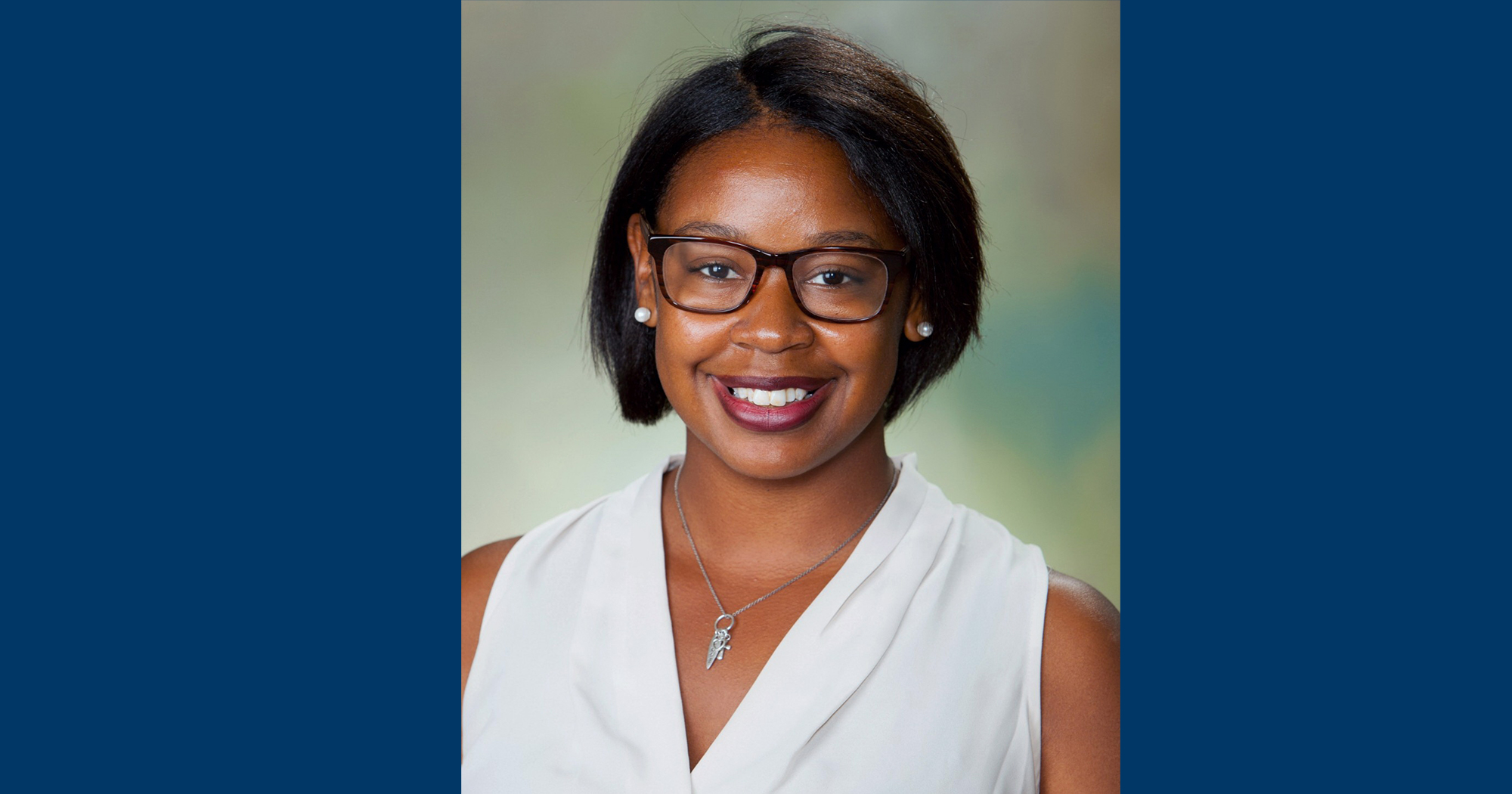Hometown: Chillicothe, MO
Current city: Wausau, WI
Graduation year: 1998
Major: Psychology and Political Science
Sorority: Kappa Alpha Theta
What other degrees have you earned?
I have a Ph.D. in clinical psychology from the University of Missouri.
Please describe your current work.
I am a licensed psychologist and the owner of Behavioral Health Clinic (bhcwausau.com). I spend half of my time seeing patients in therapy and providing diagnostic psychological, neuropsychological and developmental testing. The other half of my time I work as a clinical supervisor to early career counselors and as a business owner managing the finances and operations of a mental health clinic with two locations and 17 clinicians.
What are your future goals?
I am currently in a Master of Science program for clinical psychopharmacology so that one day I might help close the mental health provider shortage that has people waiting months on a wait list to see a psychiatry specialist. I hope to continue growing the reach of my clinics through providing online counseling services. Finally, I want to continue experiencing a joyful and adventurous life with my husband, Sean Wright, ’00, through travel and new experiences.
In terms of your professional life, what would you say is your overarching purpose today?
I want to provide high-quality mental health care using evidence-based practice and state-of-the-art treatment modalities to children and adults through the lifespan.
Did your liberal arts education allow you to uncover particular passions that you’ve carried into your career?
When I came to school, I said I would never major in political science or psychology, and yet those were exactly the fields where I found intellectual stimulation and purpose. I loved my time at Westminster so much that I decided I wanted to “be in college forever,” and after I earned my Ph.D., I spent the next 10 years doing just that as a faculty member at a liberal arts college called Birmingham-Southern College in Alabama. I loved my job, and I was passionate about teaching. Working with students in a liberal arts setting was truly a daily privilege.
But, other than a love for learning, Westminster instilled in me a true liberal arts mindset, and I have to admit that I was getting a little restless and wanted to try something new. When my husband had a job opportunity that would require me to give up my tenured faculty position and refocus on my clinical work, which I had been doing part time until that point, I was ready. Now I get excited to learn about business management, and my Accounting 1 and Accounting 2 classes are coming in handy! I feel like Westminster prepared me to take chances and to have the confidence in my ability to learn, adapt and succeed at anything I decide to do, as long as I work hard and think critically.
Were any relationships you formed at Westminster particularly influential in helping you find clarity of purpose?
I did not go into college thinking that I wanted to be a psychologist, and it was really a great mentoring relationship that I developed with Cathryn Pridal, who was in the Psychology Department at the time, that helped me to see that it was a very natural fit for me. She said, “You think like a psychologist,” and that always stuck with me and very much influenced where my life developed. Later, when I was in the last years of grad school, David Jones and Ted Jaeger approached me to take a one-year visiting lecturer position at Westminster while I worked on my dissertation. That’s where my love for teaching liberal arts students bloomed, and I had the opportunity to teach a lot of different classes that really helped my career.
Of course I should mention my husband, Sean Wright, Class of 2000, who supported me every step of the way and took his turn with sacrifice (first) by following me to Alabama when I took my tenure-track faculty position. He let go of a job that he loved at Washington University to make sure I got to live my dream, and he found himself running a performing arts venue with a master’s degree in sports management! He was a great role model for the freedom and power that come from embracing the liberal arts tradition and using general skills to do great things, even outside your immediate expertise. Now he runs a world-ranked theater while I run a mental health clinic, and we still talk about what new thing might come next for us. You never know!
What does being a “leader” mean to you?
My style of leadership means being a listener, a collaborator and a calculated risk-taker. I have learned that leadership comes from being open to ideas, to discussing problem solving with thoughtful conviction but also with a willingness to be wrong and to following the leadership of others. In my supervisory work, I try to lead by encouraging self-efficacy and a willingness to trust yourself but to admit when you’re wrong without defensiveness.
What does success mean to you?
To me, success is something that happens in every moment, where we reflect on where we are in life and think, “This is pretty good.” It’s in relationships, accomplishments and in everyday, small moments. Success is in having few regrets and not dwelling in the ones that you do have because some regret is inevitable.
Do you recommend Westminster to prospective college students?
I recommend Westminster because the education is exceptional and personal. Every student matters at Westminster.
Favorite Westminster faculty member(s)?
John Langton and David Jones
Favorite spot on campus?
Robbie (Sean and I had our wedding reception there in 2000).
Last book you read?
The Alice Network by Kate Quinn
Favorite movie or TV show?
Buffy the Vampire Slayer
Favorite app?
Design Home
Favorite way to spend a Sunday?
Taking an afternoon nap with my dog, Lincoln.
Sarah Rummel Backer is the Director of Media Relations and Senior Writer at Westminster College in Fulton, Missouri. A proud Westminster graduate, Sarah has more than 20 years of experience in marketing and strategic communications in the areas of higher education, medicine, agriculture, and the private business sector.






